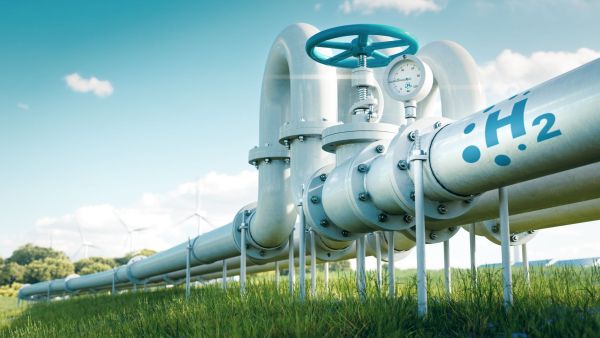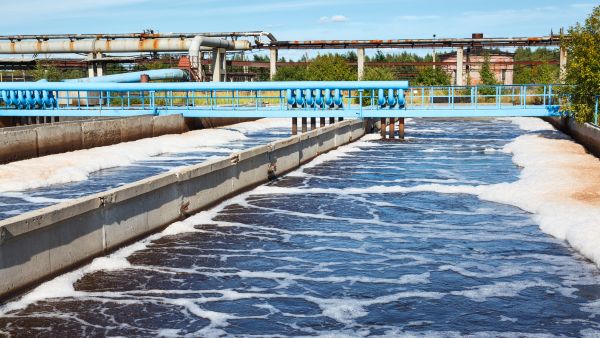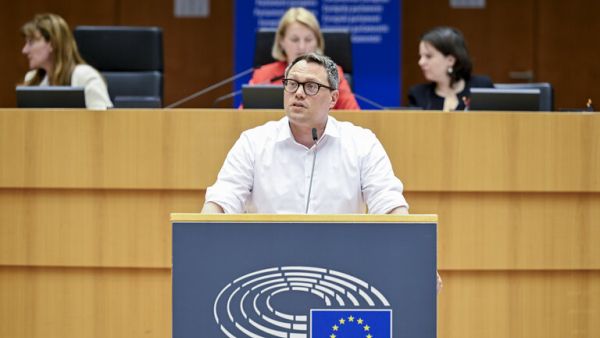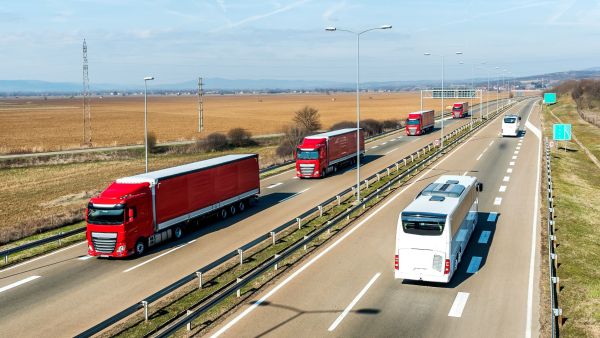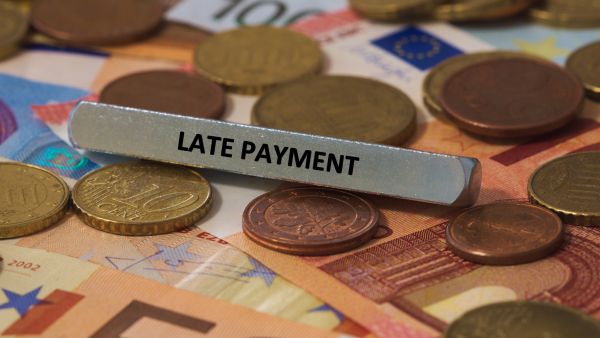The electricity market in Europe has been deeply transformed in the last decade. From the old monopolies controlling the entire chain from production to the final consumer, we are now in a landscape where new technologies, renewable energy and self-generation have shaken both the industry and the prices for consumers.
However, this new reality needs new rules to ensure both a smooth transition towards a sustainable energy model and supply, as well as affordability and transparency in prices.
This is why today the S&D members of the industry, energy and research committee backed two reports aimed at reforming the electricity market design.
S&D spokesperson on these files, Martina Werner MEP, said:
“For our political group it is crucial to ensure a just transition towards a decarbonised energy system. We want to avoid negative social impacts; especially in regions highly dependent on coal, and workers in this sector should not be left behind.
“On one hand, sectors that are becoming obsolete, such as coal, should stop receiving subsidies and instead receive funding for adjusting to the low-carbon economy: both for companies and workers.
“On the other hand, no consumer or family should suffer from energy poverty. This is why we want to secure the possibility for member states to regulate prices under certain circumstances and for at least the next 10 years. This should be limited to vulnerable consumers and those in energy poverty, and not aimed at impeding the entry for new participants into the market, negatively impacting on the wholesale markets, or resulting in additional costs for market participants in a discriminatory way.”
S&D spokesperson on energy, Dan Nica MEP, said:
“We have successfully pushed for reducing the losses of transmission and distribution system operators by establishing a set of criteria to be accomplished. Reducing the energy loss will bring down prices for consumers.
“We also want member states to define a set of criteria for the purposes of measuring energy poverty based on indicators such as low income, high energy expenditure and poor energy efficiency.*
“Member states would then establish national action plans to reduce the number of households experiencing difficulties in paying their energy bill, including both short and long-term objectives and measures, and a timeframe for achieving these objectives.
“Measures would include providing benefits in social security systems, support for energy efficiency improvements and prohibition of the disconnection of electricity at critical times.”
*Note to the editors
This was all stated in the S&D Manifesto fighting Energy Poverty
MEPs involved
Related content
Find out more


